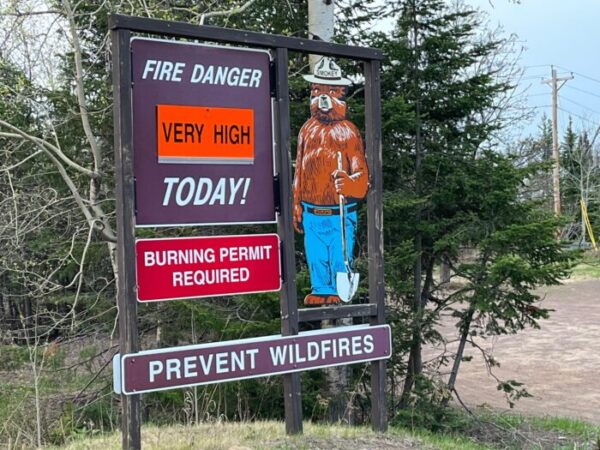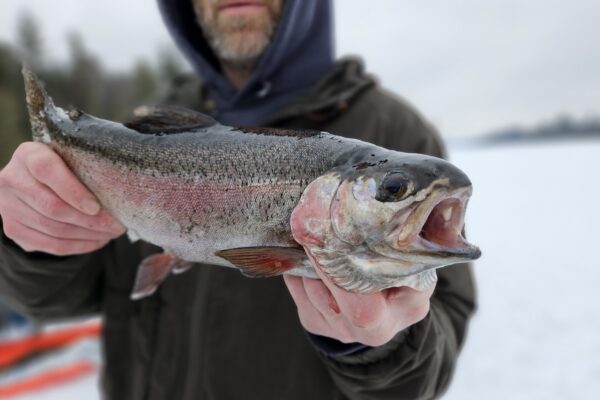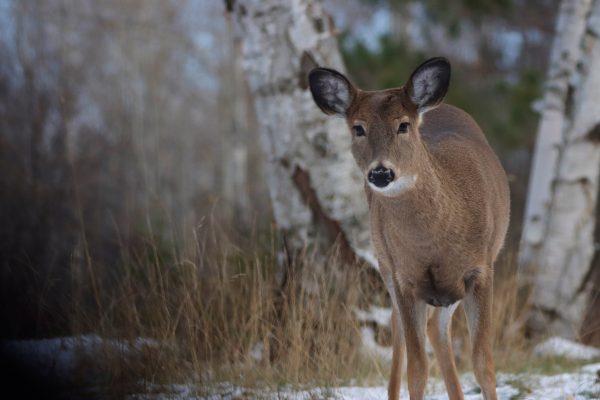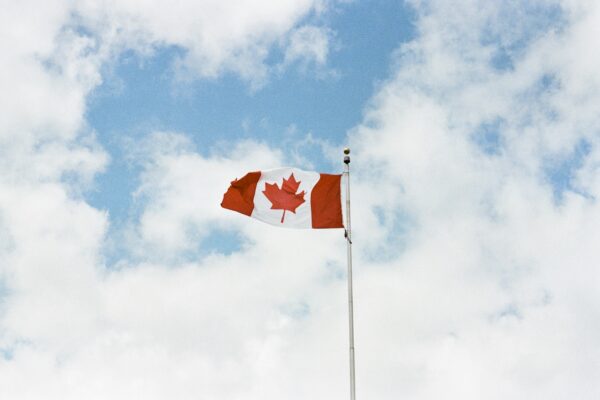Forest Service enacts campfire ban in BWCA, across Superior National Forest
Campfires in the Boundary Waters Canoe Area Wilderness and across most of Superior National Forest will temporarily be banned starting Wednesday, June 14.
Campfires will no longer be allowed at this time due to dry conditions across the wilderness and the risk for wildfires. The campfire ban goes into effect at 12:01 a.m. Wednesday.
In addition to the BWCA, campfires are largely banned across all of Superior National Forest starting Wednesday. The only campfires that will be allowed are in designated campsites where there is a metal fire ring around the perimeter of the pit. Campsites in the BWCA do not have this ring. Therefore, all campfires in the BWCA are not allowed at this time.
The use of a camp stove solely fueled by liquid petroleum or propane is still allowed.
Until this restriction is lifted, campfires are only allowed in approved fire structures that have been installed and maintained by the Forest Service in fee campgrounds, such as the Two Island or Devil Track campground.
Quetico Provincial Park enacted a similar campfire ban June 1.
Quetico sits just across the border from the BWCA in Ontario. It can be accessed from lakes at the end of the Gunflint Trail to the Ely side of the wilderness.
Other agencies are also enforcing fire-related restrictions at this time across northeastern Minnesota. For example, no fireworks may be ignited on any public or private land outside city limits. Before securing or lighting fireworks people should check with their local community for any additional restrictions, according to the Minnesota Department of Natural Resources. Similarly, there are burn restrictions in place for brush and other woody debris, the DNR said.
At this time on Superior National Forest, campfires are allowed only within Forest Service provided campfire structures (fire rings) at designated recreation sites, which include fee campgrounds with campfire structures designed and installed by the Forest Service.
All other campfires are prohibited, including at dispersed campsites such as those found on Homer Lake outside of the BWCA.
The BWCA designated campsites, no-fee rustic campgrounds, or dispersed/backcountry campsites are under full restriction and are not exempt from this order, according to the Forest Service.
The temporary ban on campfires will remain in effect until terminated by Forest Supervisor Tom Hall.
The most recent campfire ban in the BWCA was during the summer of 2021. That summer, the entire BWCA eventually closed due to wildfires, including the massive Greenwood Fire near Isabella.
There are currently no active wildfires burning inside the BWCA, according to Hall. However, there is a small wildfire burning on an island on Mistletoe Lake in Cook County. Mistletoe Lake is located up the Caribou Trail near Lutsen, not far from Holly Lake. As of the morning of June 13, the Forest Service did not have a fire crew doing suppression work on the island “because of all of the snags coming down,” according to Patrick Johnson, the east zone fire management officer for Superior National Forest.
“(Fire) crew are spending a few hours a day in the area to ensure that it is not becoming to active and sending spot fires across the lake,” Johnson told WTIP.
WTIP’s Joe Friedrichs spoke with Superior National Forest Supervisor Tom Hall about the campfire ban. Audio below.














